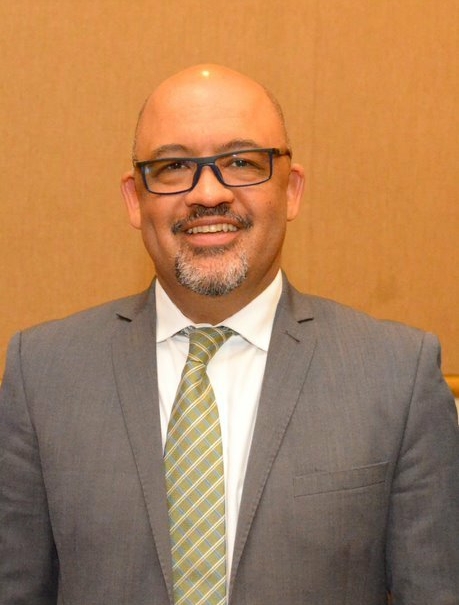
Neil Cole, Executive Secretary
On April 7, Neil Cole was one of the participants to the radio show ‘Au coeur de l'info’ on Mauritian private radio station ‘Radio Plus’. Hosted by journalists Jean-Luc Émile and Élodie Domun, the programme focused on the situation of Small and Medium Enterprises (SMEs) during the current COVID-19 crisis.
Jean-Luc Émile: It’s already two weeks of lockdown in some countries, the economy is completely at a stop. High risks of companies’ closure, and workers being laid off. What should be the role of government in this circumstance?
Neil Cole: The type and extent of the actions that government takes is going to be dependent on how well government prepared, bearing in mind that these circumstances are unforeseeable and unavoidable. Where a government has made provision for such circumstances in the form of a contingency reserve, and the fiscal space exist, the role of government should be to intervene in a way that lessens the number of jobs that are loss by providing financial support to businesses that fall into distress as a result of the halting of economic activity in most sectors. Where job losses are unavoidable, government should consider measures to support the poor with essential needs, such as food, etc. In my view, the type of actions a government takes will determine how the country emerges from the coronavirus pandemic. This applies both to the extent of mortality as well as the state of the economy, especially in relation to unemployment and poverty. Mauritius has made significant strides in both job creation and reduced poverty levels prior to the health crisis, and it will need to consider carefully what steps it takes now in order to return to a place where it was prior to the crisis.
Jean-Luc Émile: In Mauritius government has taken some measures to cover wages for March. Should this support be extended in this circumstance?
Neil Cole: The decision taken to cover wages in March was the correct one. How long this needs to be in place, will depend on the length of the lockdown. It is therefore important that measures taken to ‘flatten the curve’ are implemented and adhered to by government and all Mauritians, respectively. The continuation of the payment of wages for the next month or more will depend on: (i) the fiscal space that government has to do so; (ii) access to financial support from multilateral development banks and the IMF; and (iii) the length of time it takes to start a gradual opening up of the economy.
Jean-Luc Émile: Great Britain financing 80% of salaries, some countries urging for 100%. What should be the stand of a developing country like Mauritius?
Neil Cole: It’s unlikely that developing countries are going to be in a position to provide the kind of support that Britain has put in place, without the financial support from multilateral development banks. In this regard, the African Development Bank has raised an exceptional $3 billion in a three-year bond to help alleviate the economic and social impact the Covid-19 pandemic will have on livelihoods and Africa’s economies. The World Bank Group is deploying up to $160 billion in long-term financial support over the next 15 months – with an emphasis on policy-based financing and protecting the poorest households. This includes a $14 billion fast-track package to respond to immediate COVID-19 health and economic needs. It is also helping countries access critically needed medical supplies by reaching out to suppliers on behalf of governments.
Jean-Luc Émile: The informal sector/self-employed tends to be the more affected as the lockdown is complete. Should there be measures other than one-off allocation? If yes, what kind of allocation(s)?
Neil Cole: This is an important sector, not only in Mauritius, but also in most other African countries. How the sector is supported is a difficult challenge for governments: (i) the informal sector is seldom registered with local authorities or the revenue administration. It is therefore difficult to identify who needs to be provided with support, and even more so during a crisis like this one that has resulted in a lockdown. In SA some informal traders that sell fresh produce have been licensed to operate, but their customers are in lockdown; (ii) where the self-employed are registered, government should certainly consider financial support or tax measures that gives this sector a greater chance of standing a better chance of recovering in the aftermath of this health crisis.
Jean-Luc Émile: South Africa is providing cover for workers infected with COVID-19. Should Mauritius consider this option? And if so, what would be the budgetary implications?
Neil Cole: I believe that Mauritius should provide such cover as Covid-19 in my view, should be declared an occupational disease. This may not have budget implications if a fund already exists to compensate workers with this type of injury or a similar type of injury or disease. If a compensation fund does not exist, Government may look to a fund like an Unemployment Insurance Fund where it could then obtain the necessary funding. If neither of these exist, the budgetary implication would need to be estimated and such an estimate would need to be based on the forecasting models that Government is using.
Read the original article, in French, here.